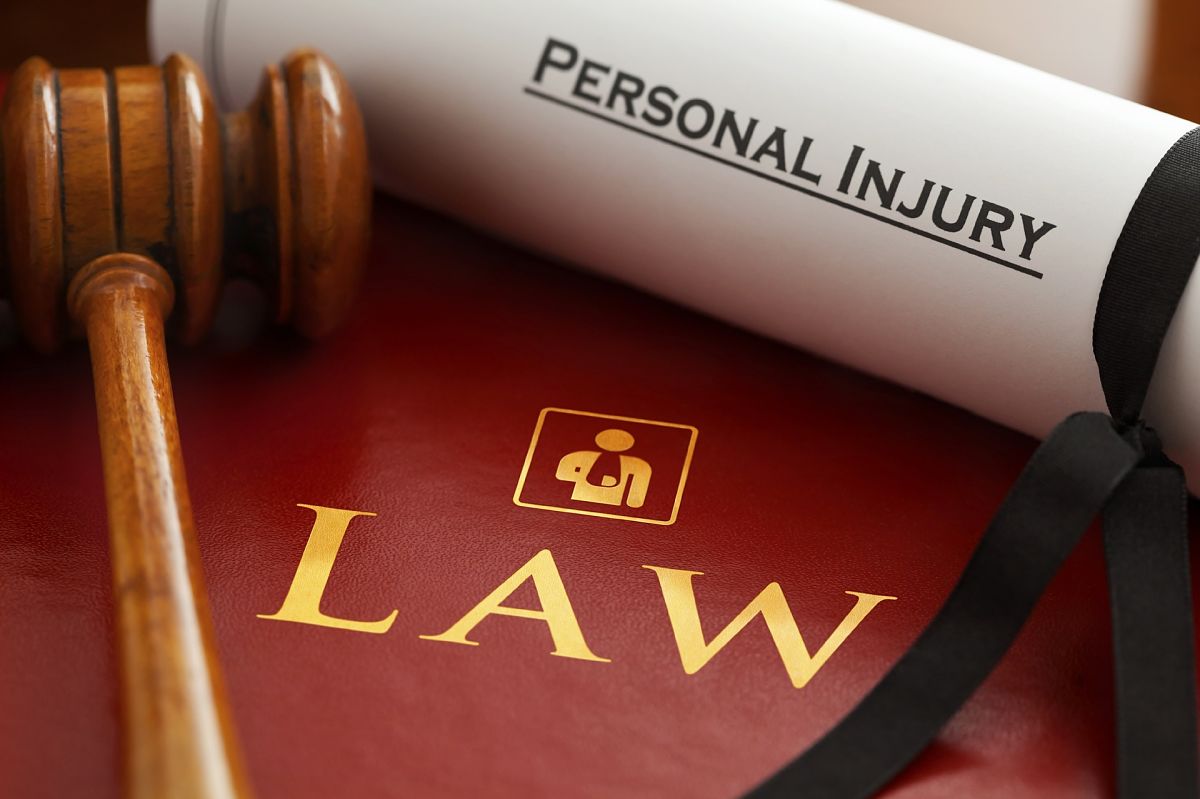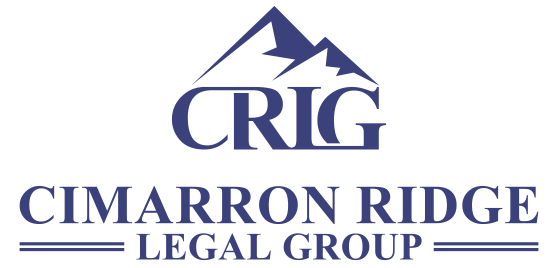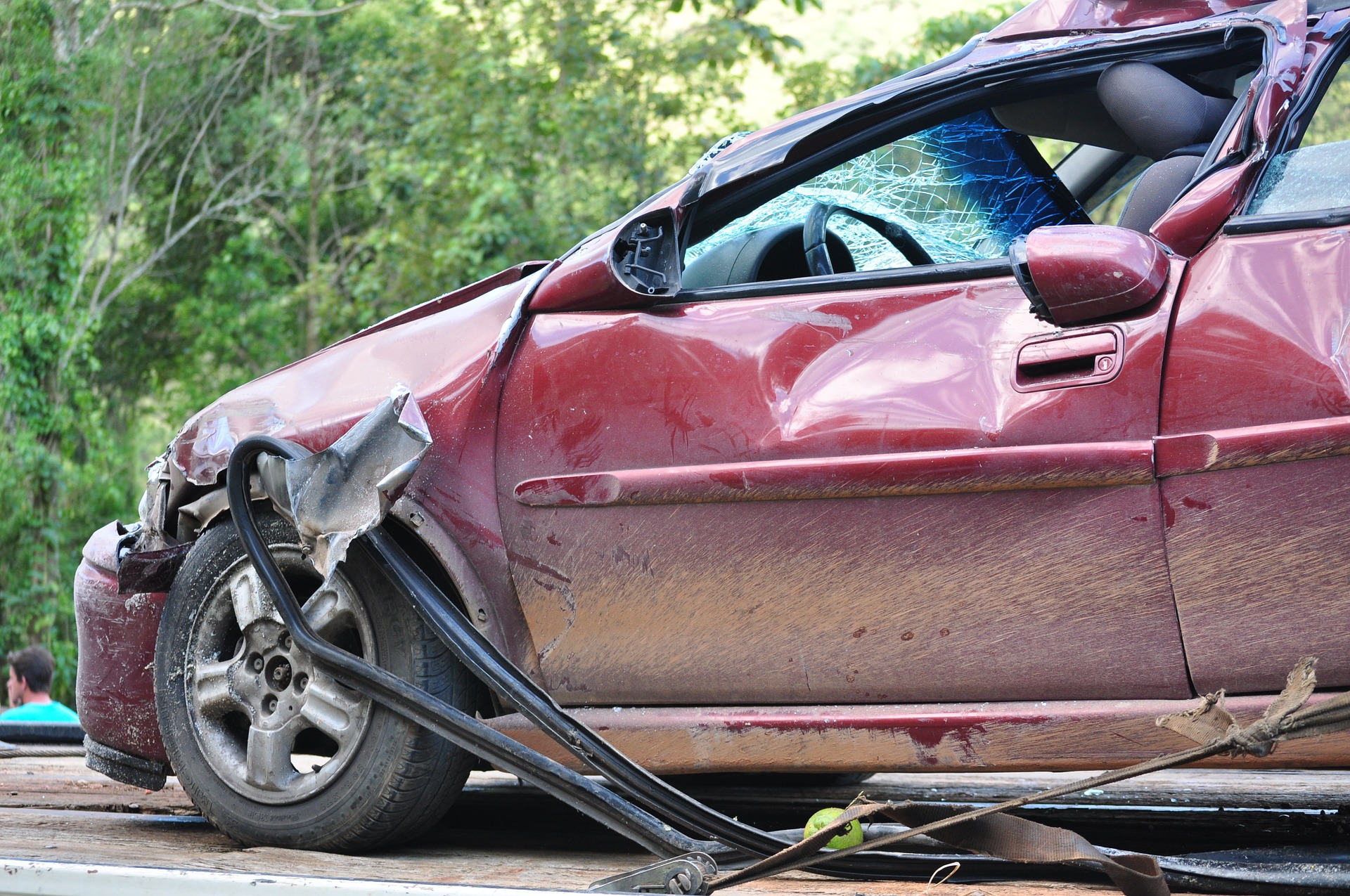
Personal injury is governed by tort law. In tort law, a cause of action is a collection of facts sufficient to justify a plaintiff’s right to sue or bring a claim against another person to acquire property, finances, or the fulfillment of a right. Whereas certain torts are crimes, which are prosecuted in a criminal court, the fundamental goal of tort law is to offer relief for the victim’s damages and discourage others from causing the same injury to others.
Personal Injury Claims Have a Cause of Action
A plaintiff in a personal injury case could bring various grounds of action. Some grounds of action are specified by statutes, while the judicial system has formed others with time. Personal injury claims may comprise the following types of causes of action:
- Fault, including a breach of care
- Loss of companionship (typical marital relations)
- Battery
- Assault
- Deliberate imposition of emotional suffering
How Do Complainants Win A Cause Of Action?
A claimant must establish every one of a set of facts recognized as components of the select cause of action to succeed on a cause of action. If a claimant cannot demonstrate any cause of action, they could still recover on any of the other causes of action in the case.
Whenever a plaintiff effectively establishes a cause of action, the perpetrator is held accountable for losses, including lost income, hospital costs, suffering, and pain incurred due to the victim’s injuries.
How to Select the Appropriate Cause of Action
The selection of the appropriate personal injury cause of action is crucial to the desired outcome of a personal injury case. Discussing your legal rights and alternatives with an expert lawyer is the best method to decide how to identify the correct causes of action for your claim. The lawyer will be conversant with the statute of limitations as well as the factors, which must be proven for every form of the cause of action. The statute of limitations is a time restriction that a complainant can claim after the injury.
To establish negligence, the complainant must demonstrate that carelessness had been the cause of the damage. In most medical malpractice cases, professional judgment is required to demonstrate how the medical practitioner breached his or her duty of care.
Keep in mind that your cause of action limits the facts you can submit if your case gets to court. If you opt not to claim a cause of action, you cannot offer evidence for that cause unless otherwise related to the cause of action you did establish.
Seek Expert Legal Counsel!
A Grand Junction personal injury lawyer can assist you in ensuring that your rights are safeguarded. Personal injury claims are seldom as straightforward as they appear at first look. If you wish your claim to be successful, you should follow specific legal procedures and achieve certain deadlines.
If you have just sustained damages in medical malpractice, a slip, and fall accident, car accident, or another event caused by somebody else’s negligence, contact Cimmaron Ridge Legal Group at (970)- 644-5194 right away. They are prepared to battle to ensure that you receive the reimbursement you deserve for your damages.

